What Children Really Learn in Elementary School
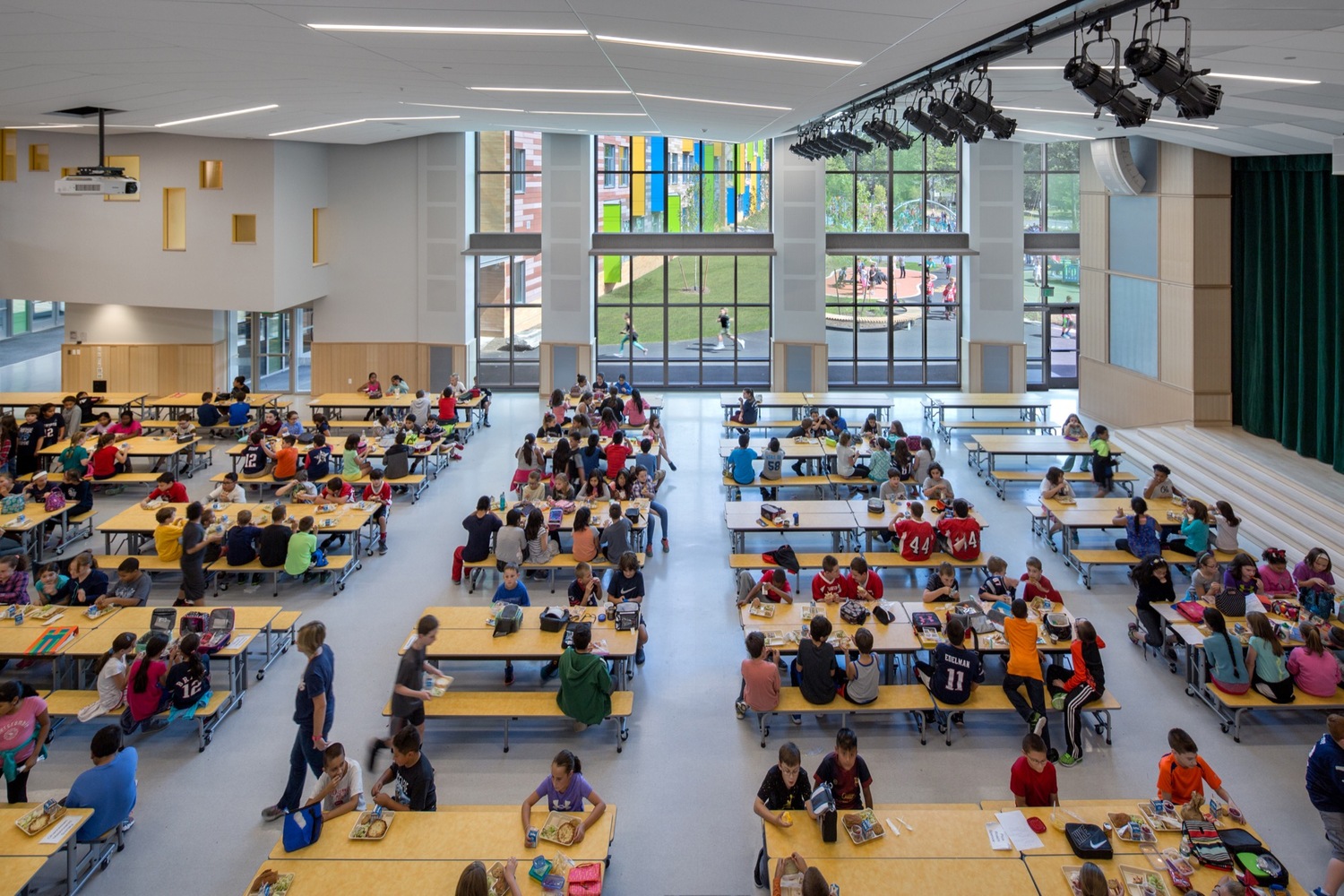
When your child kisses you goodbye and gets on the school bus for the first time, you might wonder what it is that he or she is going to learn in elementary school. To some extent, the answer to that question varies widely from school district to school district.
However, there are some common things that elementary school children learn throughout the United States learn during their primary school years.
Primary school, or elementary school, is defined differently in different communities. Most often, it includes grades 1 – 5. However, it also sometimes includes kindergarten and grades 6, 7 and 8. It usually marks the beginning of compulsory education in a given state.
All of the states in America have compulsory education laws which require students of a certain age to attend public school, private school or a home school alternative. The ages of compulsory education vary from state to state but usually begin between the ages of 5 and 8 and end between the ages of 14 and 18.
Therefore, every child in the state needs to be enrolled in public school, private school or be homeschooled by the time he or she is between the ages of 5 -8 depending on the state where the child lives.
Socialization
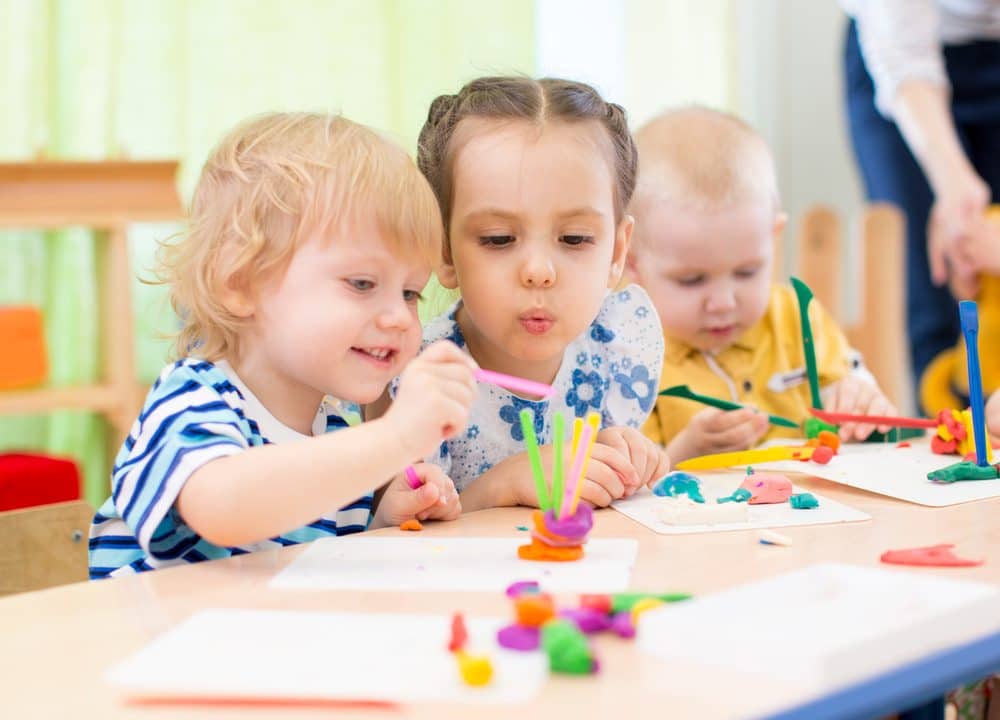
Elementary school teachers are trained with an emphasis on child development as well as curriculum development and instruction so that they can meet all of the needs of their students. Teachers who understand child development know that children of approximately the same age do not always develop the same skills at the same time.
They also understand that elementary school experiences with adults and other children often have a significant impact on how children interact with colleagues and superiors throughout their lives. It is therefore, important to teach children to have self confidence, compassion, empathy and good social skills.
Elementary school is a time when many children are first forming friendships without a parent by their side and it is a time when they gain their first pieces of independence. What happens on the playground or in the cafeteria is as important as what happens in the classroom for many elementary school students.
Basic English and Math
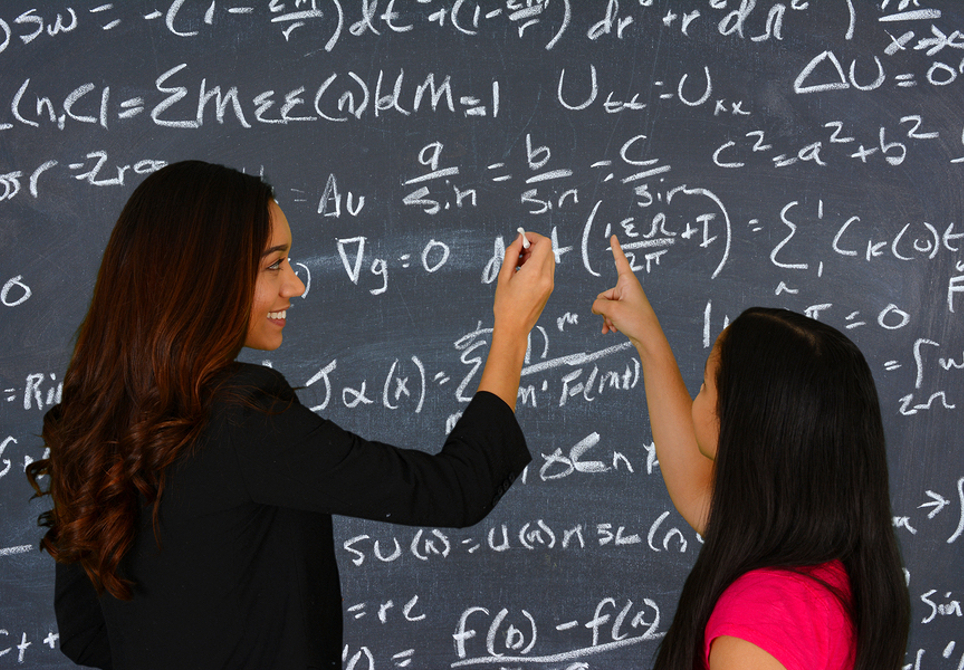
It is during the elementary school years when the foundation is created for all future learning. Students spend a large portion of their day learning basic english and math lessons.
At this time, students begin to learn to read, write and spell. They also learn basic addition, subtraction, multiplication and division. These are the skills that enable them to complete the rest of their schoolwork as they get promoted from grade to grade. It is therefore critically important that they have a solid foundation in these subjects.
Science and Social Studies
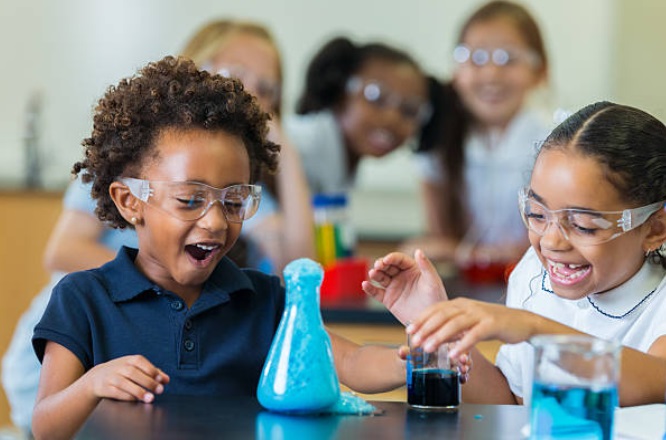
While most english and math curriculum include the concepts described above, the science and social studies curriculum vary more widely. That said, social studies often begins by teaching students about the geography of their home country and the government. If any history is taught during the early elementary school years it is often American or local history and not world history.
Elementary school science often includes a study of earth science and the solar system. Students of this age are often fascinated by why plants, animals and people grow and how they stay healthy. Units on ocean life, weather and plants are common.
Students are also interested in outer space which is often incorporated into the science curriculum. Activities such as science fairs are popular in the upper elementary school grades.
Specials
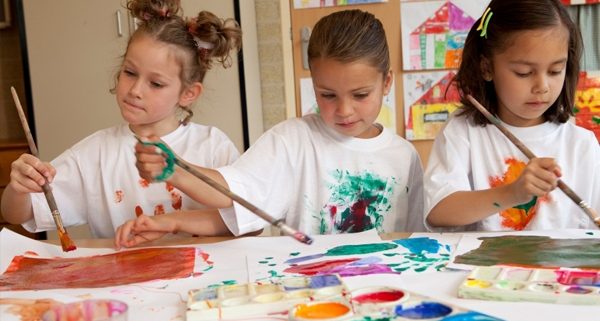
Many elementary school students will tell you that after recess, their favorite time of the school day is “specials.”
Specials are classes that are taught by someone other than the classroom teacher. They usually include art, music and computers. Children not only enjoy these subject matters but they also learn a lot that helps in their current and future academic endeavors.
Physical Education

Physical education is usually incorporated into the elementary school curriculum. It is important to teach children the basics of teamwork, to instill a love for fitness and to ward off the epidemic of childhood obesity and its related health problems.
Elementary school is a time when most students begin their formal education. Even if students attend preschool before elementary school, they are usually not expected to learn any academics until they enroll in primary school.
Elementary school is a time for students to learn the fundamentals of different subject matters and develop good habits that will help them to obtain the higher grades and achieve success throughout their lives.
